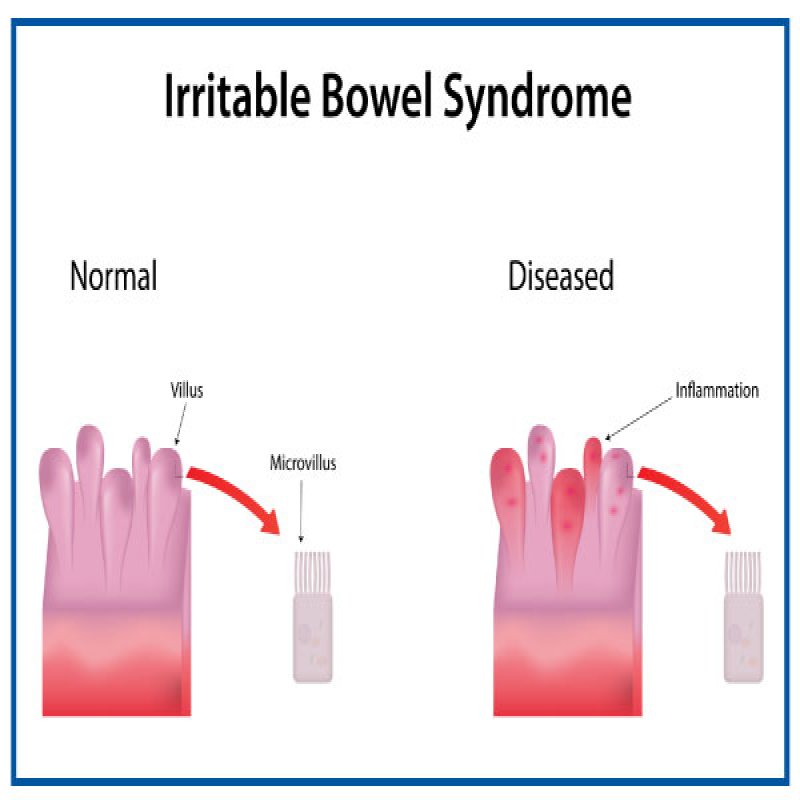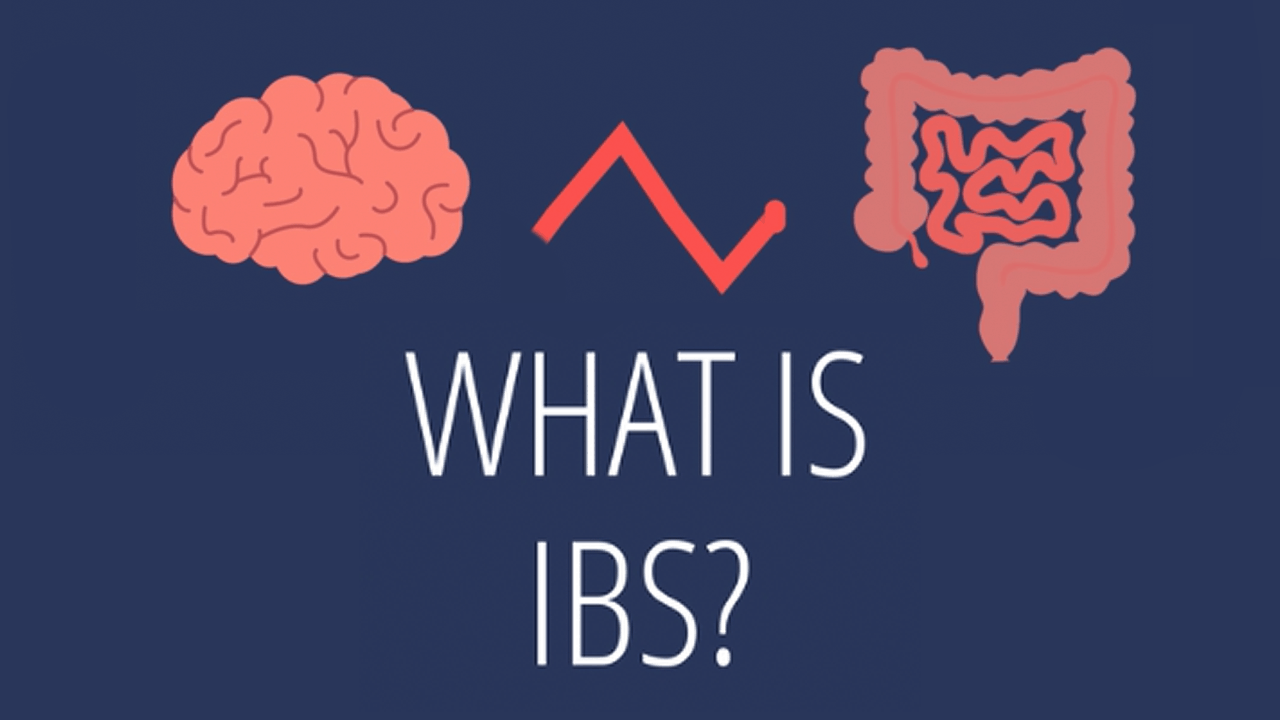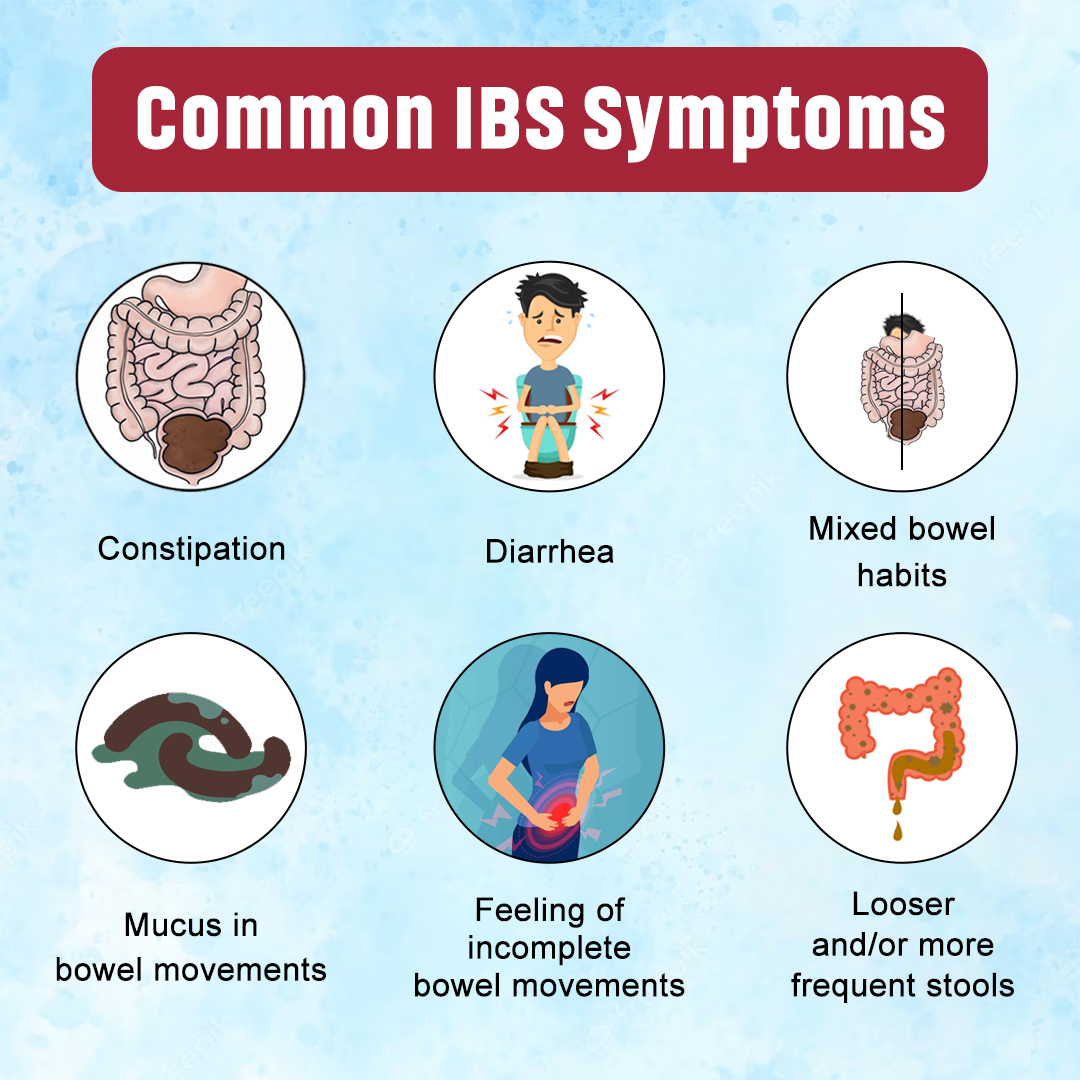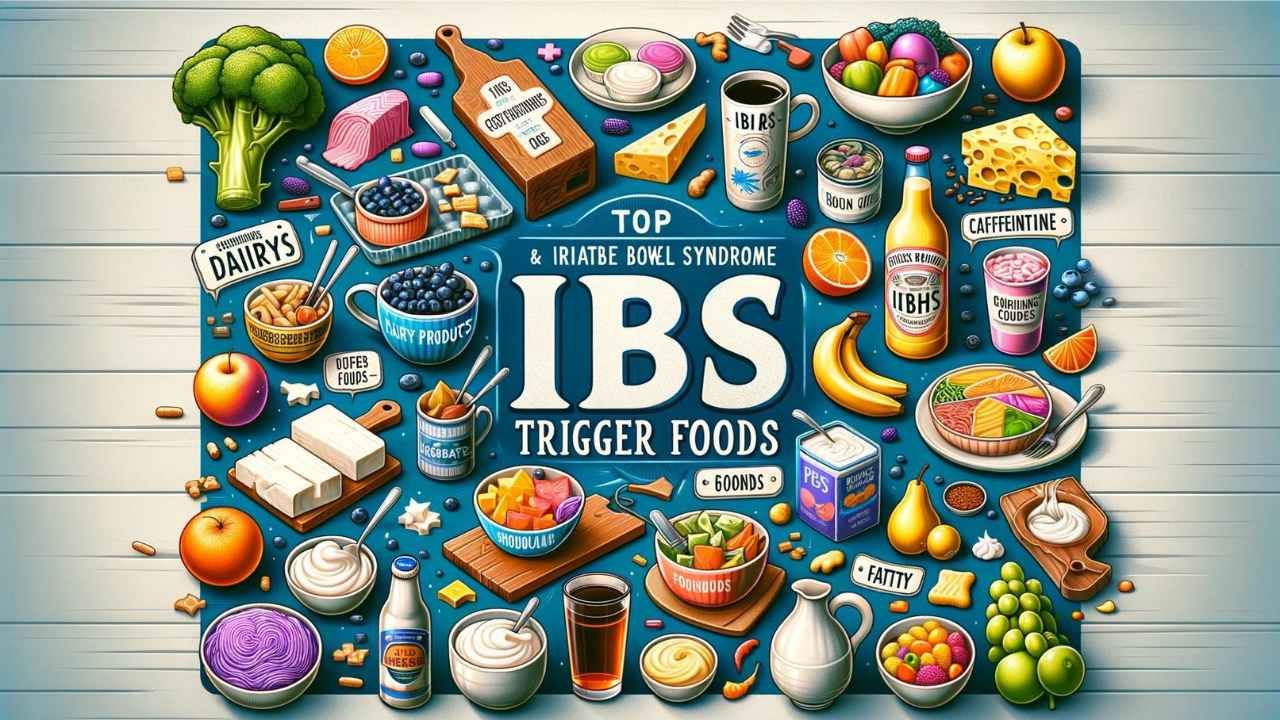
Chances are most of us know someone suffering from Irritable Bowel Syndrome (IBS), or we might be suffering from it. You would be surprised to know that IBS is so prevalent in the Indian population that it is the second most common cause of work absenteeism in the country. This goes on to show that while the focus of the movie Piku might have been an elderly person, even youngsters suffer from it in large numbers.
IBS is a gastrointestinal disorder marked mainly by chronic abdominal pain, altered bowel habits, and bloating. Put simply, IBS is caused when your bowels are irritated due to various reasons, namely a compromised gut, nerves in your digestive system not working properly, stress, muscle contraction in the intestines, etc.
As per a survey done by a leading health NGO (2018), even though 84.6% of the sample population suffered from IBS, an astounding 58% of them did not go to the doctor for treatment. Most people don't report to doctors because they are caught in an endless loop of tests and taking medicines that suppress the symptoms but don't stop them from recurring. And then there are the side effects. This is something that functional medicine aims to change.
Functional medicine likes to go to the very root of the problem and eliminate it once and for all, using a customized approach for each patient. In cases where there is no cure, functional medicine tries to effectively manage the symptoms to a very high degree.

Irritable Bowel Syndrome (IBS) and its Symptoms
IBS is a collection of digestive symptoms that frequently coexist. It is not the same as “inflammatory bowel disease,” to be precise.
The severity and duration of symptoms may and may vary from one person to another. Spastic colon, irritable colon, mucous colitis, and spastic colitis are a few more names used for IBS.
Common symptoms of IBS include:
- Constipation
- Bloating
- Excessive gas
- Abdominal pain, especially in the lower half
- Mucus in poop
- Feeling nauseous
- Tired and lacking energy
IBS in women may cause symptoms to worsen during their menstrual cycle. It is common for episodes of constipation or diarrhea to recur, which might make one feel anxious or highly irritable. One starts to feel better physically and mentally as one learns how to control flare-ups.
Most people with IBS do not typically experience life-threatening complications but live low-quality lives. IBS symptoms such as extreme fatigue, stomach discomfort, difficulty leaving the house, and recurrent flare-ups have a significant negative impact on the mental health and quality of life of people who suffer from it.
According to a new study, IBS sufferers score higher on depression scales than people without the condition. The most significant influence on lowering the quality of life for IBS patients is the severity of symptoms related to bowel function or abdominal discomfort.

3 Types of IBS
Researchers categorized IBS based on the type of bowel movement issues people experience. Depending on the type of IBS a patient suffers from, their treatment may differ.
Take a look at the different types and see if you identify with any:
- IBS With Constipation (IBS-C): Most of your poop is lumpy and painful.
- IBS With Diarrhea (IBS-D): Most feces are watery and loose.
- IBS With Mixed Bowel Habits (IBS-M): You experience both loose and wet, and hard, and lumpy bowel movements on the same day.
So, What Triggers IBS?
You may improve your IBS symptoms by keeping track of what triggers your symptoms; and learning how to avoid them.
IBS Constipation Dietary Triggers
IBS constipation can worsen with certain meals, such as:
- Cereals and bread that are prepared from refined grains and not whole grains
- Processed foods like cookies and chips
- Alcohol, carbonated beverages, and coffee
- Diets rich in protein
- Dairy goods, particularly cheese.
IBS Diarrhea Dietary Triggers
IBS diarrhea can worsen with certain meals such as:
- Excessive amounts of fiber, especially the insoluble variety found in fruit and vegetable skins
- Foods and beverages containing alcohol, chocolate, caffeine, fructose, or sorbitol (a sweetener used in sugar-free products)
- Carbonated beverages
- Heavy meals
- Fatty and fried foods
- Dairy products, especially for those with lactose intolerance, are a condition in which a person is unable to digest lactose from milk
- Foods made with wheat for those who are sensitive to or allergic to gluten.

Functional Medicine Approach to Treating IBS
In functional medicine, practitioners work with patients to understand their complete health history, lifestyle, and biological makeup and use this information to develop personalized treatment plans. Call it the past, present, or future approach, if you will.
In other words, functional medicine is more interested in the dynamic processes leading to a person’s health dysfunction than just the disease itself. Although IBS can appear like an incurable disease to many patients, it is not so. It can be altered by modifiable lifestyle factors, such as changing eating behaviors, exercising consistently, and other aspects like stress management.
Although no one therapy is effective for everyone with IBS, most patients can discover a treatment that suits them. In functional medicine, every aspect of intestinal health is looked into to determine why an individual develops IBS symptoms. A functional medical expert can assist in curating a treatment approach that works for you.
The following methods might help in improving the symptoms:
- Changes in Diet: According to studies, IBS symptoms may be made worse by diets high in fat, carbs, milk products, spicy food, alcohol, and coffee. Studies on perceived food intolerance reveal that 64–89% of IBS patients say certain meals or foods cause their symptoms to flare up. Make your diet more fiber-rich by eating more fruits, vegetables, grains, and nuts.
- Physical Activity: In IBS, increased physical activity improves gastrointestinal symptoms, so exercise should be the primary treatment. IBS patients may benefit significantly from exercise interventions like yoga, walking/aerobic activity, mountaineering, and Baduanjin qigong activities, according to a 2018 study of 683 patients with IBS from 14 randomized controlled trials.
- Drink Well: Push yourself to drink eight glasses of water a day to stay hydrated.

Avoid drinking these:
- Fizzy carbonated drinks that can cause bloating
- Alcohol can irritate your gut and cause diarrhea
- Tea, coffee, and many energy drinks can stimulate colonic spasms
- Sugar-free mints, and chewing gum, may contain sorbitol, mannitol, or xylitol (sweeteners that come in the category of sugar alcohol and are considered sugar substitutes), and can cause diarrhea if you consume it too much.
4. Stress Management: The neural system plays a significant role in regulating the movement of your digestive system. Nerve damage from stress might cause your digestive system to become hyperactive. If you have IBS, your colon may react strongly to even a small digestive disturbance. Stress can also impact the immune system, which plays a significant role in IBS.
Conclusion
Controlling IBS can be challenging. Trial and error in treatment is not uncommon. However, there is good news: almost everyone suffering from IBS can find relief to a great extent with the functional medicine treatment approach. A functional medicine expert can help you overcome IBS with a tailor-made treatment plan.
Reference
- https://www.healthline.com/health/irritable-bowel-syndrome/5-natural-products-for-ibs#:~:text=Natural%20remedies%20for%20IBS%20include,to%20help%20relieve%20IBS%20symptoms.
- https://www.hopkinsmedicine.org/health/treatment-tests-and-therapies/irritable-bowel-syndrome-treatment
- https://www.rupahealth.com/post/a-functional-medicine-approach-to-ibs


.png)


